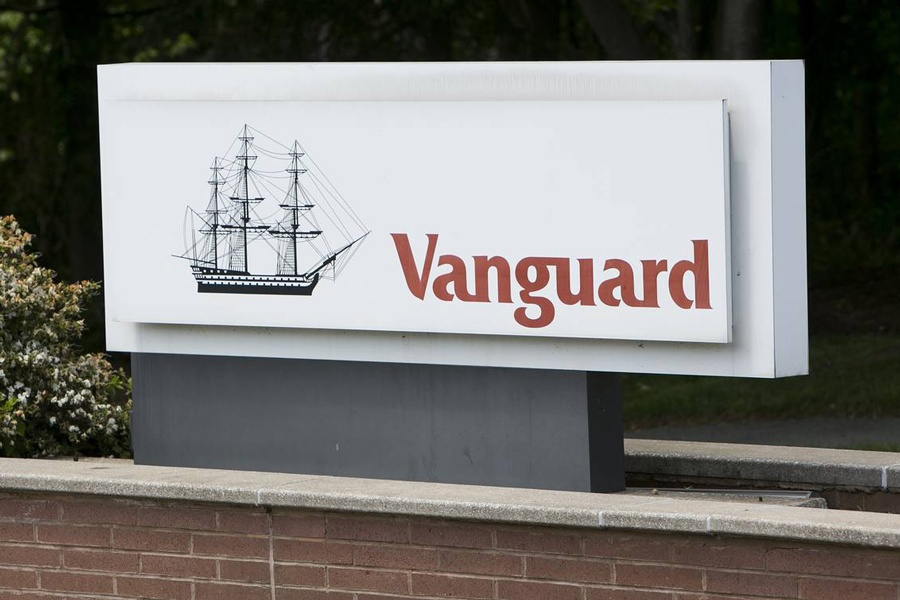

In a move to make transferring 401(k) plan assets easier when an employee changes jobs, Vanguard is introducing an automated portability service for sponsor clients and their plan participants. The service is expected to launch in mid-2022, the company said in a release.
Vanguard said it has engaged Retirement Clearinghouse, a provider of plan consolidation services, to create the solution, which will automate the movement of an employee’s 401(k) account from their former employer’s plan into an active account with their current employer’s plan.
“Together with RCH, we aim to help the most vulnerable plan participants combine their retirement assets, capture the vast benefits of a 401(k) plan, and enhance their overall financial well-being,” John James, managing director and head of Vanguard’s institutional investor group, said in the release.
Vanguard said 401(k) participants with smaller balances often fail to roll over their retirement savings into their new company's plan or tax-advantaged vehicles after changing jobs.
When a participant leaves a job with less than $5,000 in their 401(k), employers can transfer small-balance accounts out of the plan and into a Safe Harbor IRA, where fees can be higher. Vanguard said this can result in a proliferation of stranded Safe Harbor IRAs, participant cash-outs and the forfeiture of future savings and returns.

Relationships are key to our business but advisors are often slow to engage in specific activities designed to foster them.

Whichever path you go down, act now while you're still in control.

Pro-bitcoin professionals, however, say the cryptocurrency has ushered in change.

“LPL has evolved significantly over the last decade and still wants to scale up,” says one industry executive.

Survey findings from the Nationwide Retirement Institute offers pearls of planning wisdom from 60- to 65-year-olds, as well as insights into concerns.
Streamline your outreach with Aidentified's AI-driven solutions
This season’s market volatility: Positioning for rate relief, income growth and the AI rebound
